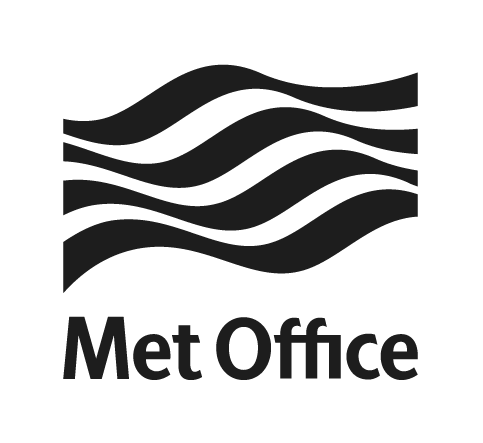Description of Rose Stem Templating#
The LFRic Apps rose-stem suite has been set up such that a new job can be added by providing configuration settings which allow graph and runtime sections to be populated automatically by the suite. This page will briefly describe how the templating produces the cylc workflow - the main steps are all driven from the flow.cylc with various templating files handling other parts.
Initial Setup#
A few initial setup tasks are completed by the suite. These include defining a site_vars dictionary and populating this with some variables specific to the site from site/<SITE>/variables.cylc, defining the site_groups dictionary and populating that from site/<SITE>/groups.cylc and importing some commonly used macros from templates/common_macros.cylc. It also defines the sources of a few dependencies (including LFRic Core) by searching the dependencies.sh file using a custom Jinja2 Filter.
It is assumed that rose-stem has been launched with the --group= command line option specifying some groups or individual tasks to run. The workflow now populates a list of tasks to run by expanding any groups of tasks defined in site_groups - this is done by the expand_task_list macro. It is done recursively so any groups within a group are also expanded.
Once the list of requested jobs has been acquired it is used to populate a dictionary of requested_tasks with keys as the job names and values the task configuration defined by the task files - see Adding a New Rose Stem Test for instructions on how to populate these files. This step is performed by the file templates/populate_task_definitions.cylc and the build information for the job is also parsed at this stage.
Scheduling#
With the configuration of the tasks now available the graph section of the cylc workflow can now be defined - this is done in templates/graph/generate_graph.cylc. This file loops over all tasks run and populates the graph based on the name of this task and certain configuration settings. During this section a new dictionary tasks_to_run is populated, with keys and values similar to requested_tasks. tasks_to_run will provide the definitive list of tasks that need to be defined by the suite as during the graph section certain tasks are added which may not be included by the --groups= argument. For example, a run task will require a build task, a mesh task and a mesh build task for it to be able to run.
Most jobs will have their graph produced in templates/graph/populate_graph_sections.cylc but certain graphs require slightly different treatment and therefore have their own template files. These include lfricinputs, lfric_coupled, unit/integration tests (which are covered in populate_graph_technical_tests.cylc) and scripts. If a task is configured to complete continuation-runs then these graphs are set in populate_crun_graph.cylc.
Once the graph has been populated a number of tasks will have been added to tasks_to_run without any configuration. The suite now once again includes templates/populate_task_definitions.cylc to provide configurations for these tasks.
Runtime#
All tasks which will be run are now defined in the tasks_to_run dictionary. The runtime section initially defines families with site/platform specific settings which will be inherited by the jobs by including site/<SITE>/suite_config.cylc files. It then includes templates/runtime/set_task_families.cylc which defines some families which are used to control the layout of jobs in the gui.
All jobs in tasks_to_run are then looped over and the runtime section populated by including templates/runtime/generate_runtime.cylc. Depending on the type of the current task, this file will call a particular generate_runtime_*.cylc file. The options for this are:
* application - the application ‘run’ task for most tasks.
* build - the build task for most tasks.
* control - currently defines the export source tasks and housekeeping tasks.
* lfric_coupled - fcm_make tasks specific to the lfric_coupled application.
* lfricinputs - All lfricinputs tasks, including build, run and rose-ana tasks.
* mesh - the run task to generate the mesh.
* other - plot, check and phystest tasks.
* scripts - The runtime section for scripts. These are defined manually rather than being templated.
* technical_tests - For unit and integration tests.

